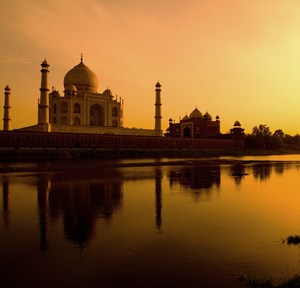M and A
HSBC To Sell More Stakes In Indian Banks - Report

Weeks after selling its holdings in Indian lenders Axis Bank and YES Bank, HSBC is looking to exit stakes in the other two Indian banks.
Weeks after selling its holdings in Indian lenders Axis Bank and YES Bank, HSBC is looking to exit stakes in the other two Indian banks, as part of an ongoing restructuring of the company.
HSBC has a 4.98 per cent stake in Federal Bank and 4.46 per cent in Karnataka Bank, and is in talks with investors to sell stakes in both, according to a report in the Economic Times, adding that the multinational intends to raise Rs425 to Rs450 crore from the sale.
HSBC declined to comment.
A few weeks ago, the bank exited its investments completely in Axis Bank and YES Bank, in which it held nearly 5 per cent each.
The Indian banking sector in particular has been under pressure due to a lack of liquidity and volatile markets. The report quoted rating company Crisil as saying that the restructured loan portfolio of banks is expected to touch Rs2 trillion by March 2013. In the first quarter of financial year 2012 banks have restructured 32 cases worth Rs16,000 crore under the corporate debt restructuring mechanism.
The reports of the sale, if true, will be the latest in a long
line of Asian businesses for the UK-headquartered bank to exit.
Last year HSBC outlined plans to cull 3,000 jobs in Hong Kong as
part of a cost-cutting strategy, and exited retail and private
banking divisions in South Korea, Japan and Thailand. But at an
investor meeting in May this year, chief executive Stuart
Gulliver insisted that the bank's commitment to wealth management
in Asia was stronger than ever.
“Wealth management is core to Hong Kong, it's core to the UK, and
it’s core to 18 other markets," said Gulliver at the
conference.
"There are 18 countries where we have a (wealth management)
presence. What we’ve done by exiting places like Korea and Japan
is to get out of mass retail banking in countries where we don’t
have the size and scale to compete against the domestic banks who
are also doing mass retail banking. If you take Japan for
example, we can’t compete with the indigenous Japanese
lenders."
"But wealth is a tremendous opportunity for us in many parts of
Asia, like Australia, Singapore and Malaysia. We are in the part
of the world which will see disproportionate GDP growth, and so
huge wealth creation over the next few years.”